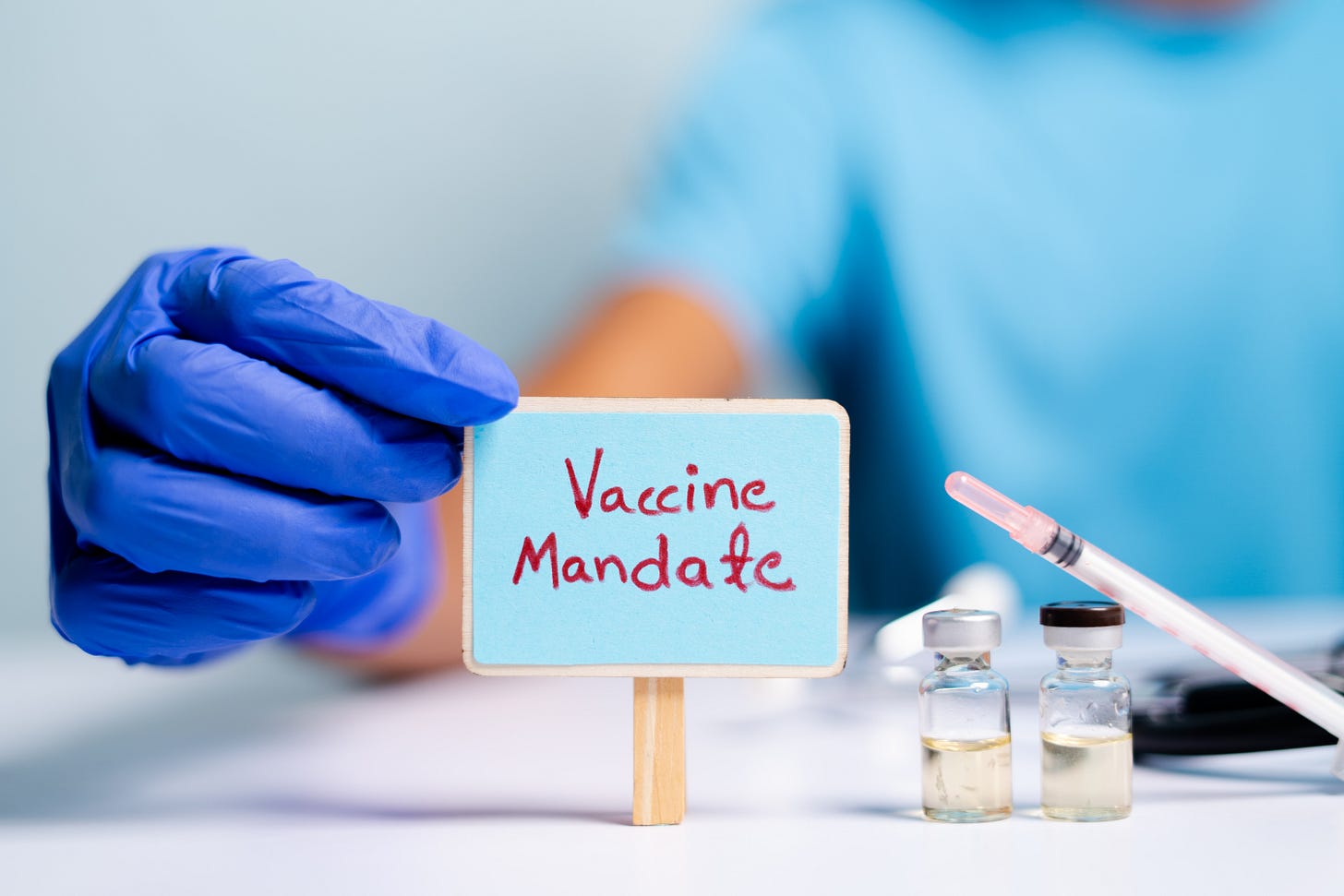Will Biden administration force tribes to fire tribal employees? Tribes express sovereign concerns regarding COVID-19 vaccine mandate
‘It leaves the administration looking like they don’t really care about tribal consultation and informed consent, no matter what President Biden is saying.’
WASHINGTON – As the U.S. Supreme Court weighs the Biden administration’s COVID-19 vaccine mandate, tribal leaders are making sure the administration knows that they have deep concerns about the lack of federal-tribal consultation on the directive.
No matter how the high court ends up ruling – whether it strikes down the requirement, or leav…
Keep reading with a 7-day free trial
Subscribe to Indigenous Wire to keep reading this post and get 7 days of free access to the full post archives.


